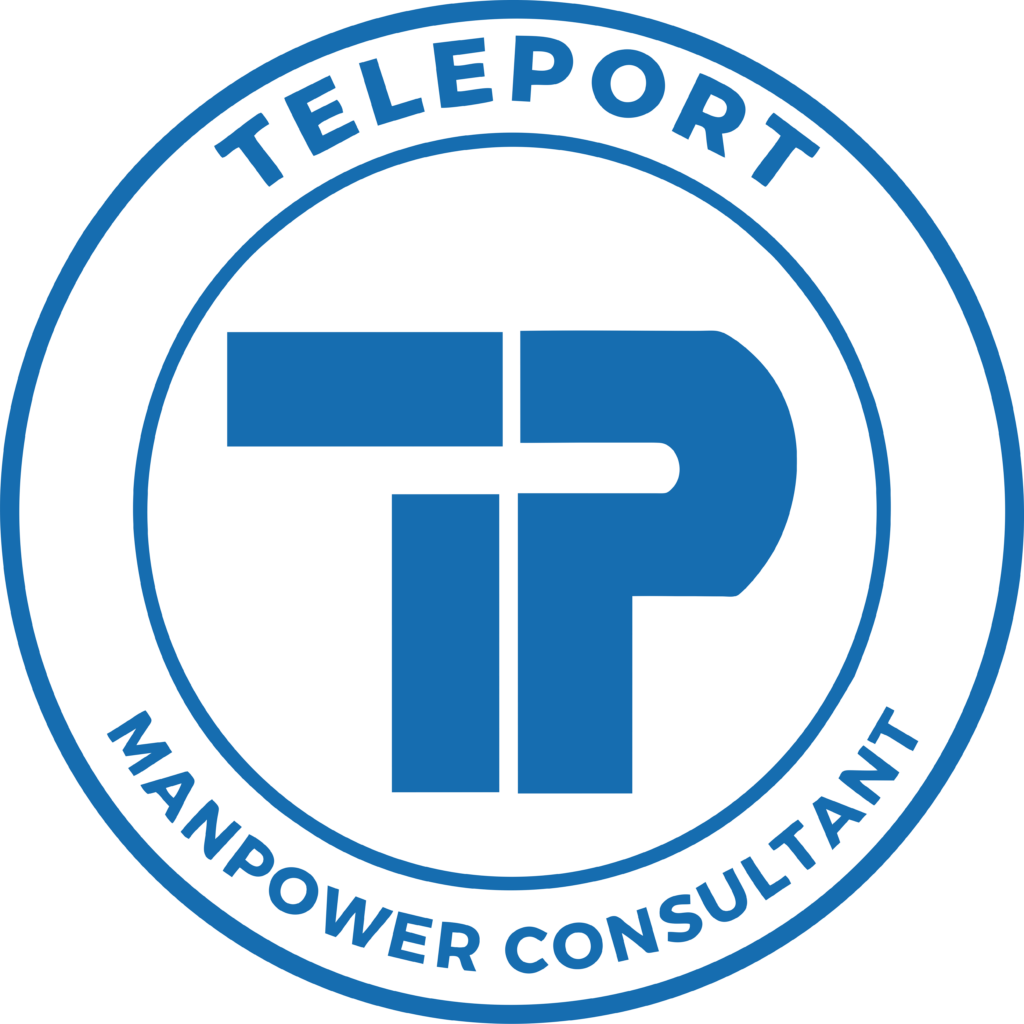Table of Contents
Introduction
In the fast-paced world of recruitment, the success of a placement hinges on the delicate balance between the art of understanding human potential and the science of finding the perfect fit. Recruitment agencies, like Teleport Manpower, have mastered this intricate process by blending intuitive assessment with data-driven strategies. In this blog post, we will explore the science behind successful placements, unraveling how recruitment agencies use a blend of innovative techniques to ensure both candidates and clients find the right match.
The Evolution of Candidate Matching
Gone are the days of matching resumes solely based on skills and experience. The modern recruitment landscape demands a holistic approach that goes beyond technical qualifications. The rise of soft skills, cultural fit, and company values has ushered in a new era of candidate matching, transforming it into both an art and a science.
The Art of Understanding Human Potential
Cultural Fit and Values: Recruitment agencies have recognized that a candidate’s alignment with a company’s culture and values can greatly impact their success within the organization. By delving deep into a company’s ethos, Teleport Manpower has honed the ability to identify candidates whose values resonate with those of the hiring organization, resulting in higher employee satisfaction and retention rates.
Emotional Intelligence: The ability to understand and manage emotions is a crucial soft skill that can be challenging to assess through traditional methods. Recruitment agencies often employ behavioral interviews and psychometric assessments to gauge a candidate’s emotional intelligence. This insight enables them to match candidates with roles where empathy, communication, and adaptability are essential.
Adaptability: The ever-evolving business landscape requires employees who can adapt quickly to change. Recruitment agencies like Teleport Manpower excel in identifying candidates who possess the flexibility to navigate uncertainties, helping clients build teams that can weather the storms of innovation and disruption.
The Science of Data-Driven Matching
Advanced Algorithms: The advent of AI and machine learning has revolutionized candidate matching. Recruitment agencies leverage advanced algorithms to analyze vast amounts of data, including candidate profiles, job descriptions, and historical placement data. These algorithms identify patterns and correlations that humans might miss, leading to more accurate and efficient placements.
Predictive Analytics: By analyzing historical data, recruitment agencies can predict future hiring trends, allowing them to proactively source candidates with in-demand skills. This proactive approach minimizes the time-to-fill positions and ensures a steady pipeline of qualified candidates.
Keyword Analysis: In an era of digital applications, keyword analysis is a valuable tool. Agencies like Teleport Manpower use sophisticated software to scan resumes for relevant keywords, ensuring candidates are screened against job requirements efficiently. This automated process aids in narrowing down the candidate pool to those who are the best fit.
The Balancing Act: Art Meets Science
Personalized Engagement: While data-driven strategies are powerful, the human touch remains irreplaceable. Recruitment agencies strike a balance by combining technological tools with personalized engagement. Teleport Manpower, for instance, uses technology to streamline administrative tasks, allowing their recruiters to focus on building relationships and understanding the nuances of candidate aspirations.
Continuous Learning and Improvement: The science behind recruitment is ever-evolving. Agencies invest in continuous learning to stay up-to-date with industry trends, emerging technologies, and evolving candidate expectations. By combining this knowledge with their intrinsic understanding of human potential, they can make more informed decisions during the matching process.
Feedback Loop: Successful recruitment agencies establish a feedback loop with both clients and candidates. This loop helps refine the matching process over time, taking into account the real-world experiences of both parties. Teleport Manpower values feedback as a critical tool for improving their candidate matching strategies and ensuring long-term client satisfaction.
Conclusion
The art of candidate matching, once solely reliant on intuition, has transformed into a nuanced blend of human insight and data-driven precision. Recruitment agencies like Teleport Manpower have embraced this evolution, harnessing the power of technology to streamline processes while upholding the importance of human connection. By carefully balancing the art of understanding human potential and the science of data-driven matching, these agencies continue to facilitate successful placements that drive the growth and success of both candidates and clients. As the recruitment landscape continues to evolve, this delicate equilibrium will remain at the heart of the industry’s ability to navigate the changing demands of the workforce.


